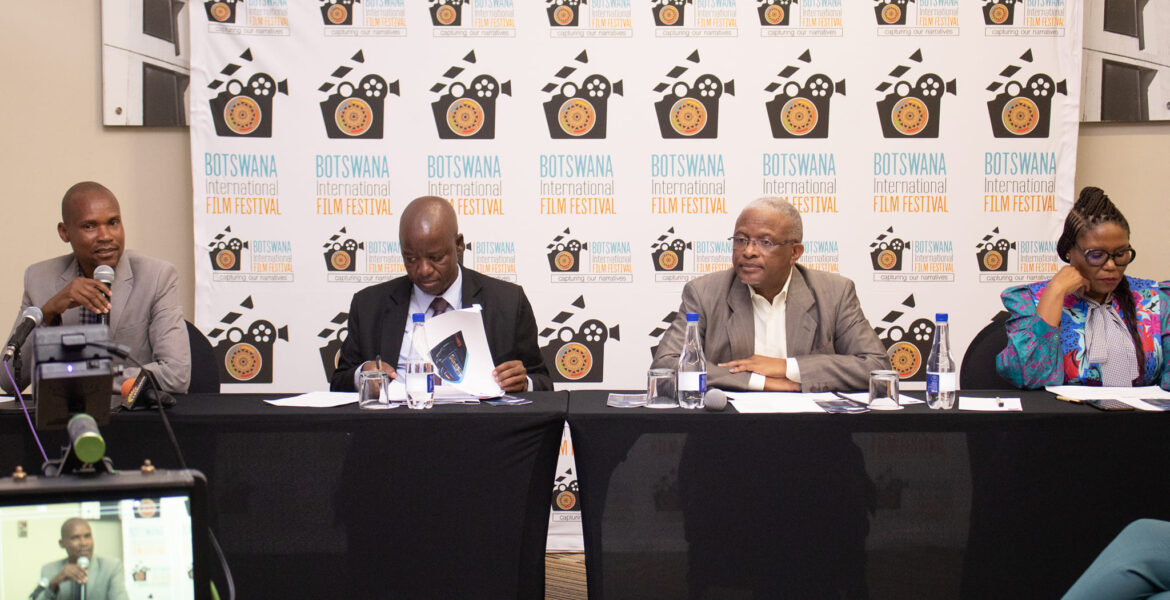- Time for Botswana to tell its own narrative
- Countrywide capacitation workshops concluded
GOSEGO MOTSUMI
The country’s fledgling film industry is currently a beehive of activity as it prepares to hold the inaugural Botswana International Film Festival from 20 to24 November 2023 in Gaborone.
Organised by the Ministry of Youth, Sports, Gender and Culture, the festival seeks to encourage creators to tell the Botswana narrative and ensure that its stories are captured.
“With this festival, we are saying we no longer want filmmakers and storytellers to work in silos,” said Deputy Permanent Secretary – Library Services, Archives, Arts and Culture, Tebogo Matebesi, at a recent press briefing in Gaborone.
Networking opportunities
“We are saying we are going to capture our stories, hence we want to unite everyone and have a launching pad for our creatives and tell our beautiful stories.
“We are now setting proper structures for beginners in filmmaking to start and for filmmakers to showcase and celebrate their work.”
In addition to celebrating the narratives and the art of cinema, Matebesi said the film festival will provide valuable networking and collaboration opportunities for creatives. It will also encourage healthy competition as creators compare their works, promoting growth within the industry.
Economic benefits
By showcasing their films at the festival, creators will have a platform to market their work and generate interest in their projects. “The festival will be used as a measure to see where the industry stands as a collective as we get to talk about the trends and how we can move together,” Matebesi explained.
“Above all, there are economic benefits we can realise from all this. After your work is seen, it will get to meet distributors as there is a plethora of opportunities and access to funding from people you will get to collaborate with.”
For his part, Policy Specialist (in) Arts and Culture, Dean Molebatsi, said capacitation workshops for the festival were conducted in 11 districts from May to July to ensure that the festival’s reach extends beyond major towns and cities.
Masterclasses
He noted that the creative industry, along with its value chain, is seen as a potential driver for diversifying the country’s economy. “We do not want to have only people in Gaborone or Francistown participating in this festival, hence the countrywide workshops,” Molebatsi said.
“Arts and culture always have a ripple effect on other sectors of the economy. Following the initial activities that kicked off the preparations, the film festival will be characterised by masterclasses, screening sessions, a film market and exhibitions, an awards ceremony and film showcase.”

